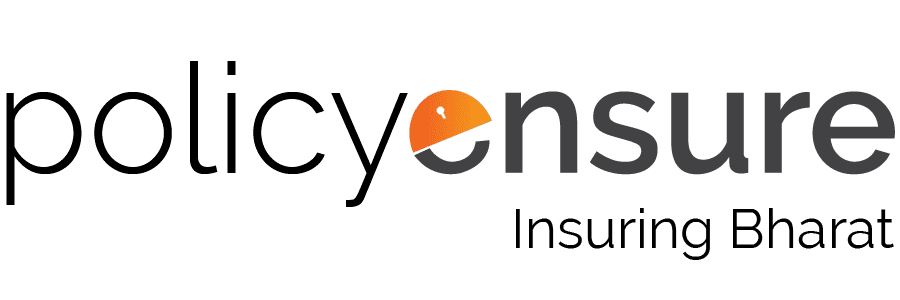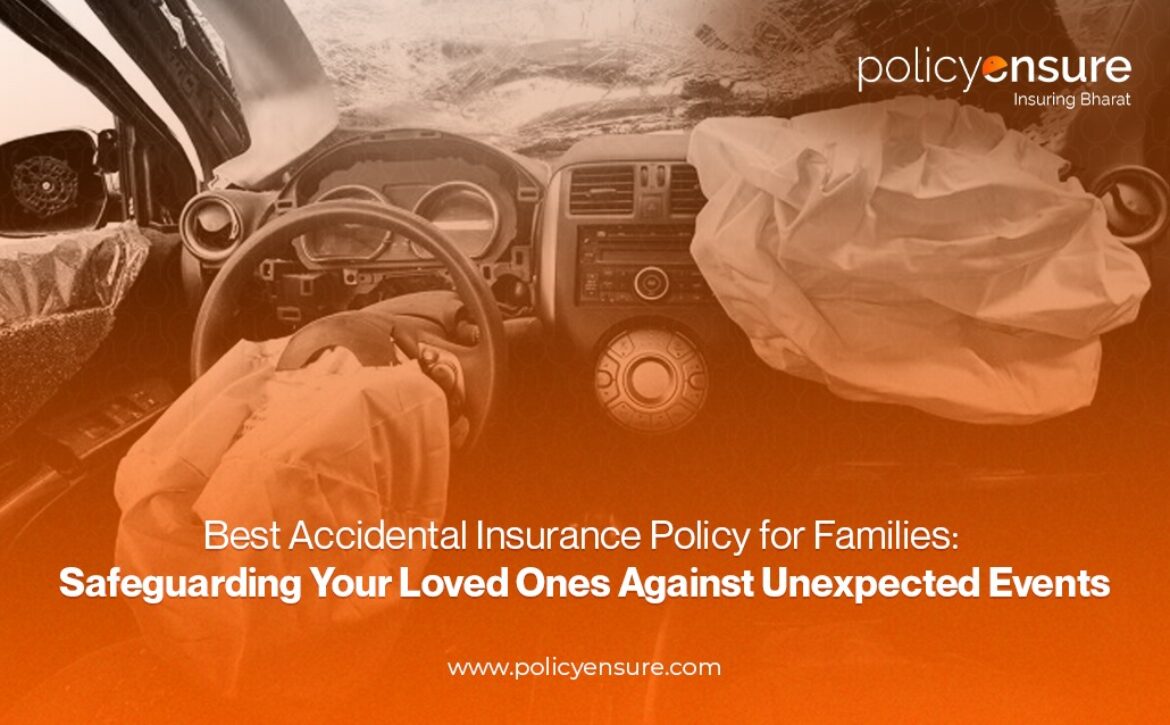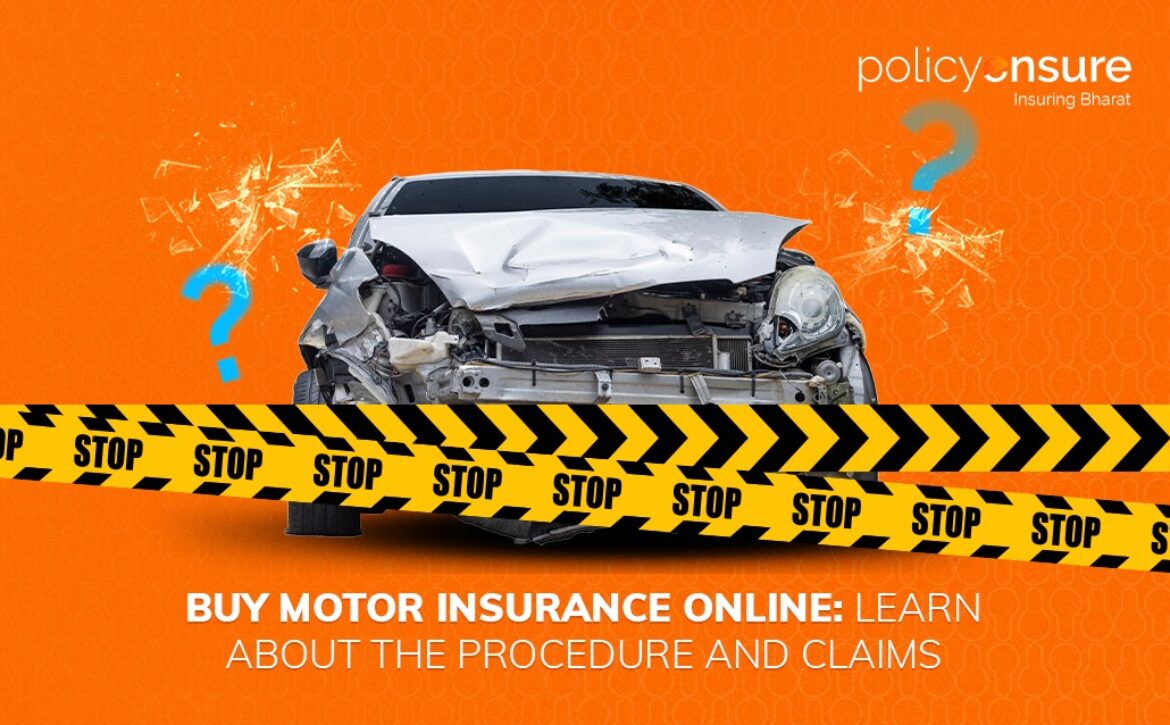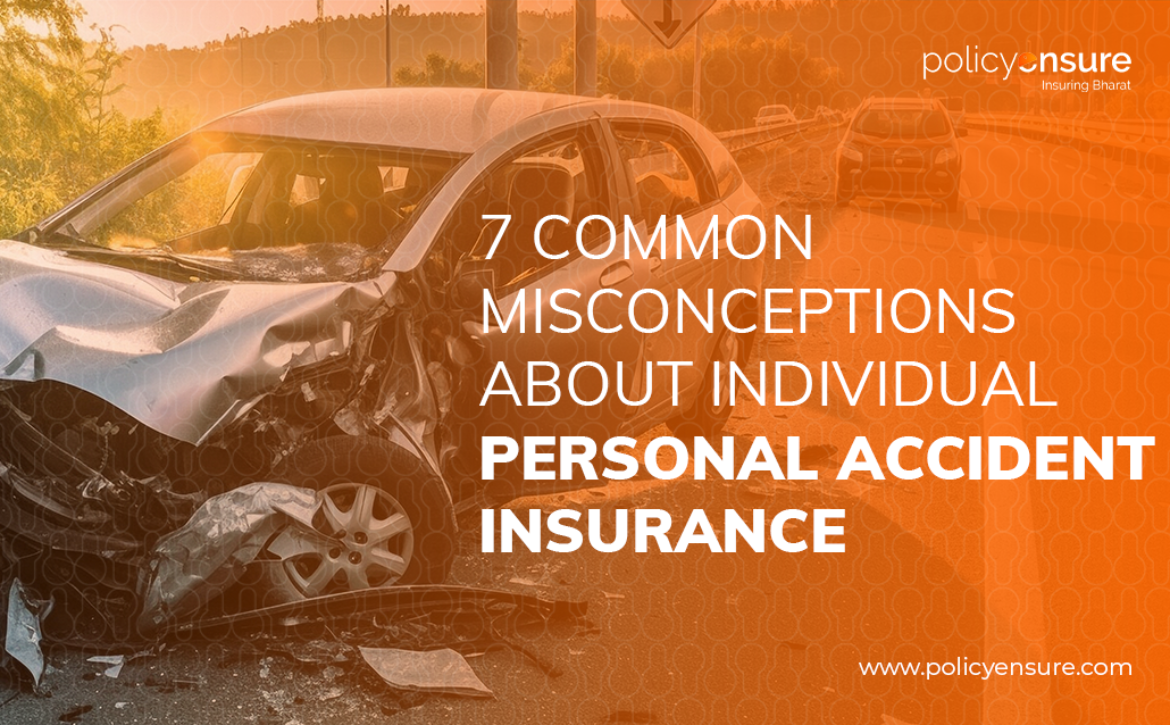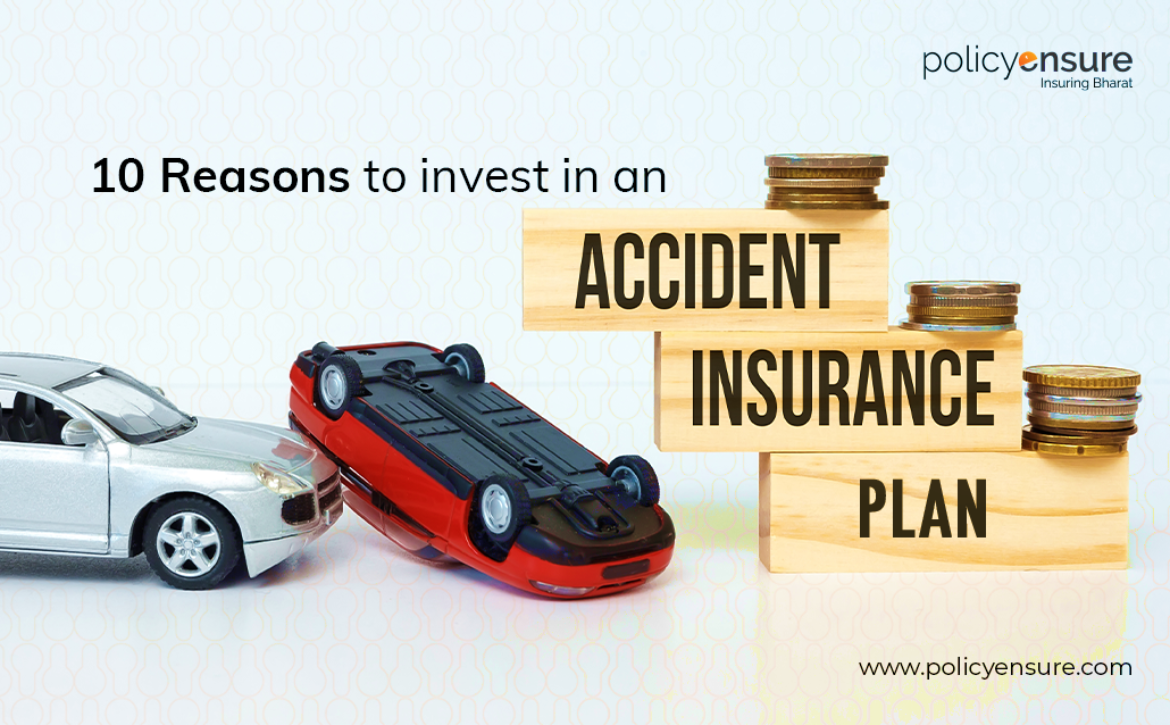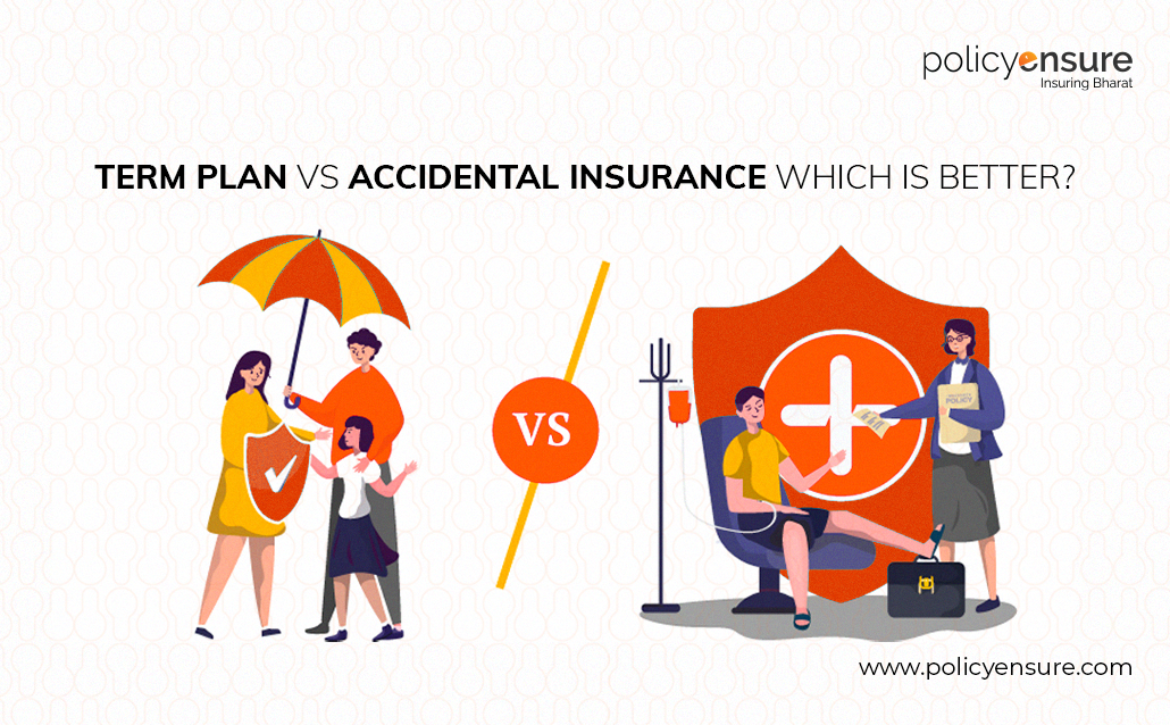Maximizing Protection: Tips for Choosing the Best Accidental Policy for You
In an unpredictable world, securing oneself against unforeseen events is a wise decision. Accidental insurance policies are designed to provide financial support in case of accidents that lead to injury, disability, or death. However, choosing the best accidental insurance policy can be challenging, given the plethora of options available.
This blog will help you go through the process of selecting the right policy to ensure maximum protection for you and your loved ones.
Understanding the Basics
Before diving into the specifics, it’s essential to understand what an accidental insurance policy entails. An accidental insurance policy offers coverage for accidents resulting in bodily injuries, disability, or death. These policies typically cover medical expenses, hospitalization costs, and compensation for loss of income due to temporary or permanent disability.
Key Features to Look For
When searching for the best accidental insurance policy, consider the following features to ensure comprehensive coverage:
Sum Assured and Coverage Amount:
The sum assured is the amount payable in case of an accident. Ensure the policy offers a substantial sum assured that aligns with your financial needs and lifestyle. Evaluate the coverage amount for various scenarios, such as accidental death, partial or permanent disability, and temporary total disability.
Hospitalization Benefits:
Medical expenses can skyrocket after an accident. The best personal accident insurance policy should cover hospitalization costs, including ICU charges, surgery fees, and post-hospitalization expenses. Some policies also provide daily hospital cash allowances.
Disability Benefits:
Look for policies that offer comprehensive disability benefits. This includes compensation for partial, total, and permanent disabilities. Ensure the policy provides a lump sum or regular payouts to support your financial stability during recovery.
Additional Riders:
Riders or add-ons enhance the coverage of your base policy. Common riders include accidental death and dismemberment (AD&D), child education benefits, and family transportation benefits. These riders can provide extra financial support tailored to specific needs.
Premium Affordability:
While seeking the best accidental insurance policy, balancing premium affordability with coverage benefits is crucial. Compare premiums across different policies and ensure they fit within your budget without compromising on essential benefits.
Evaluating Individual Personal Accident Insurance
Individual personal accident insurance policies cater specifically to individual needs rather than group policies offered by employers. These policies offer personalized coverage and benefits that can be tailored to your specific risks and financial goals.
Customization:
Individual personal accident insurance allows for greater customization in terms of sum assured, riders, and premium payment options. Tailor the policy to match your unique requirements and risk profile.
Coverage for High-Risk Activities:
If you engage in high-risk activities like extreme sports, ensure your individual personal accident insurance covers these activities. Some policies exclude high-risk activities, so read the fine print carefully.
Global Coverage:
For frequent travelers, global coverage is a critical feature. Ensure the policy covers accidents occurring anywhere in the world, providing you peace of mind regardless of your location.
Research and Comparison
To find the best accidental insurance policy, thorough research and comparison are essential. Utilize online comparison tools to evaluate different policies based on coverage, premiums, and additional benefits. Read reviews and seek recommendations from trusted sources to make an informed decision.

Conclusion
Choosing the best accidental insurance policy involves understanding your needs, evaluating key features, and comparing different options. Prioritize comprehensive coverage, affordability, and customization to maximize protection. Whether opting for individual personal accident insurance or a broader policy, ensure it aligns with your lifestyle and financial goals. By making an informed choice, you can secure peace of mind and robust financial protection against life’s uncertainties.
